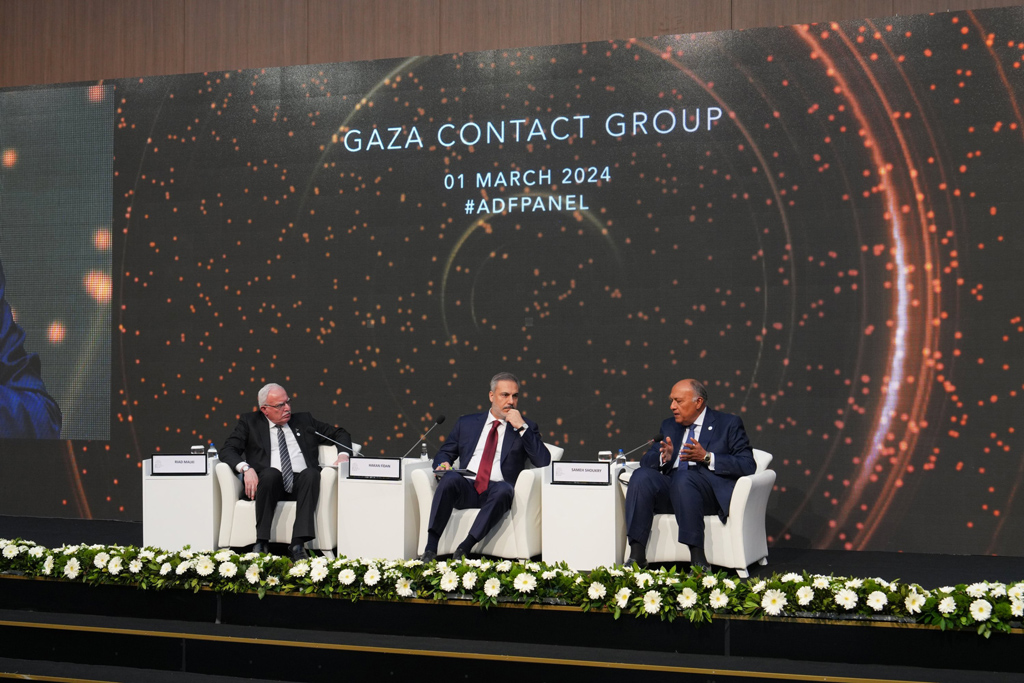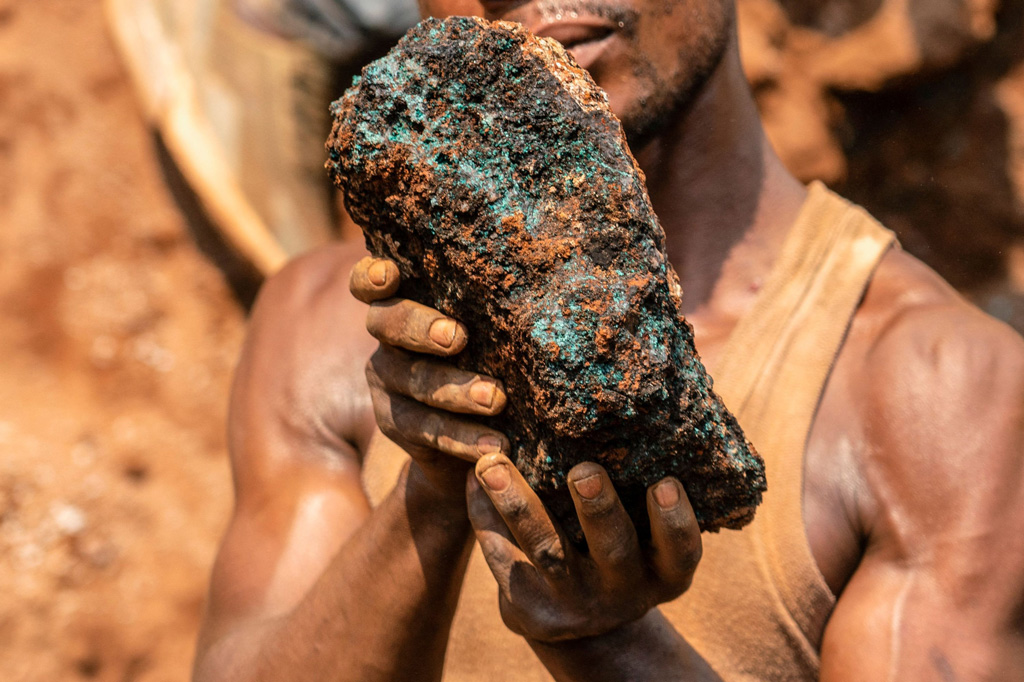The
Antalya Diplomacy Forum (ADF) is one of the biggest brands of Turkish diplomacy. The forum, which fills a gap by focusing on diplomacy, is on its way to taking its place among the long-established international forums of its kind. It shows the high-level organizational capacity of Turkish institutions. The ADF, held since 2021, is a beneficial tool to advance foreign relations and set international political agendas.
The third edition of the forum was held in Antalya on March 1-3 under the auspices of President Recep Tayyip Erdoğan.Türkiye hosted approximately 4,700 people from 148 countries, including 19 heads of state, more than 52 ministers and around 60 representatives from various international organizations. Not only politicians, diplomats and other state officials, but also academics, lawmakers, security experts, journalists, entrepreneurs, advisors to businesspeople, activists and students also attended the forum.
During the forum, more than 50 sessions were held on various topics. Many sideline events were also held. The forum provided a platform for bilateral meetings between the representatives of different countries. Officials of some states even signed bilateral agreements during the forum.
Due to the Ukraine-Russia war that broke out in 2022 and the Israeli atrocities against the Gazan people over the last five months, this year's theme was “Advancing Diplomacy in Times of Turmoil” to highlight the priority of solving international conflicts through diplomatic channels. The theme serves as a reflection and a pathway to explore peaceful solutions amid the turbulent period the world is currently experiencing.
ADF puts Türkiye at heart of global diplomacy
First of all, through the ADF, Türkiye became a center of international politics. By hosting many high-level officials and providing stages for them to discuss international issues, Türkiye aims not only to promote Türkiye’s diplomacy, its foreign relations and its friendship with other states but also to contribute to the development of international cooperation in maintaining regional and global values.
Due to the collapse of the international order and the violations of basic international norms, the ADF aims to discuss the current global political, economic and security dynamics. The forum provided a platform to discuss global challenges such as climate change, irregular migration, natural disasters, pandemics, artificial intelligence, new technologies, space diplomacy, the rise of xenophobia, Islamophobia, trade wars and terrorist activities.
In addition, many other global issues such as a new paradigm for peace, insights on the contemporary international systemic crisis, problems in international trade, interdependence between states and regions, rising connectivity, food and water security, energy supply, education, women, youth and mediation efforts were discussed by the participants.
Besides these general topics, many other regional issues were discussed during the forum. The main issues and dynamics of Asia-Pacific, Euro-Asia, Africa, Latin America, Central Asia, the Balkans, the Black Sea and the Middle East were put on the table. The main objective of these panels was the improvement of regional cooperation, sustainable development and migration management.
Especially, the forum focused on Africa and the Middle East. Several panels were organized about the African continent and the Middle Eastern region. Participants discussed the "African Renaissance," the potential of the African countries and alternative solutions for the political stability of African states, especially in the Sahel region.
Addressing Gaza and Middle East affairs
The Middle Eastern issues were also largely discussed during the ADF. However, the main Middle Eastern issue discussed during the forum was the situation in Gaza. The first session about Gaza was organized by the members of the Gaza Contact Group, set up by the Organisation of Islamic Cooperation (OIC) and the Arab League. During the panel on Gaza, which was hosted by Foreign Minister Hakan Fidan, ministers of foreign affairs of some member countries
discussed the efforts to stop the ongoing massacre in Gaza and Israel’s brutality.
A second panel organized about the Middle East discussed the possibility of peace for the region. Palestinian Foreign Minister Riyad al-Malki, Lebanon's Foreign Minister Abdallah Bou Habib, the deputy foreign minister of Bahrain and the deputy secretary general of the Arab League addressed the most recent developments. Academics have discussed the possibility of the application of the guarantorship model proposed by Türkiye for a permanent solution in Palestine.
One of the most striking features of the forum was the list of participants. The majority of high-level participants were from the non-Western part of the world. Largely African, Latin American, Asian and Middle Eastern countries were represented in the forum. The states that sent representatives from the West were mainly Central and Eastern European countries. The participants have been trying to improve a shared imagination of the world. Participants from all over the world called all countries to come together for a peaceful and prosperous world. And to use all tools of diplomacy to achieve peace.
It is clear that the ADF will increasingly continue to set the agenda of international politics and global issues. It will serve as an important platform for Turkish diplomacy in the coming years.
[Daily Sabah, March 6, 2024]







